SUMMARY
This is AI generated summarization, which may have errors. For context, always refer to the full article.
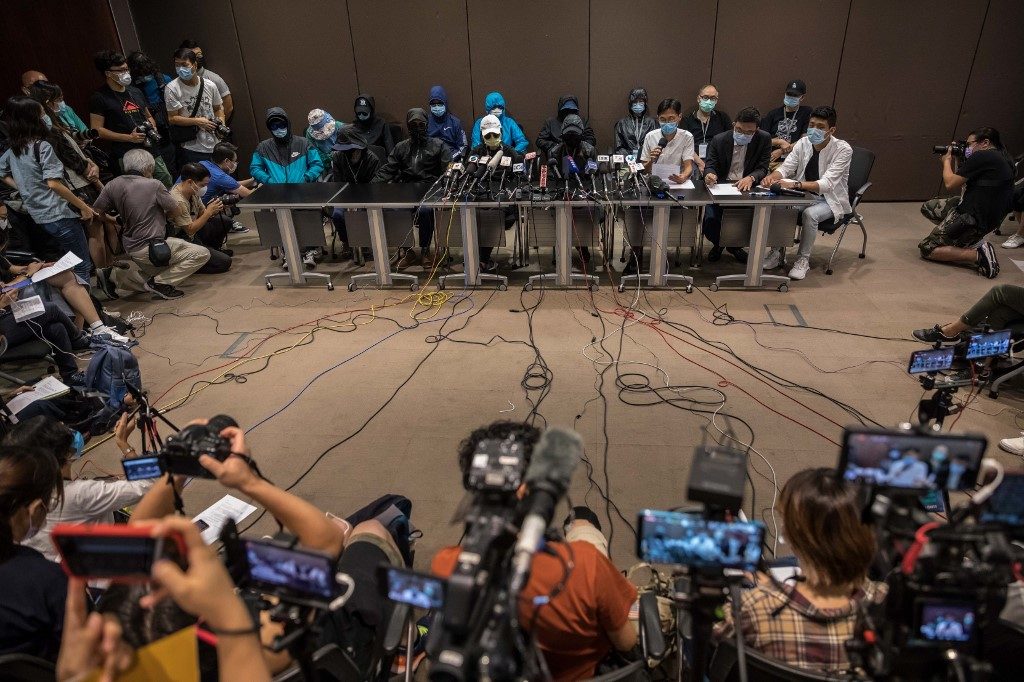
Relatives of Hong Kongers captured by China’s coast guard as they tried to flee the city by speedboat said Saturday, September 12, they feared their loved ones had disappeared into the authoritarian mainland’s Communist-controlled judicial system.
Chinese authorities said they intercepted 12 Hong Kongers some 70 kilometers (43 miles) southeast of the city last month, with the group handed over to police in neighboring Shenzhen on the Chinese mainland.
Local media said the group were en route to Taiwan, a self-ruled island that regularly offers sanctuary to people escaping the authoritarian mainland.
Some of those on board were facing prosecution in Hong Kong for activities linked to last year’s huge and often violent pro-democracy protests.
Relatives of 6 of those detained held an emotional press conference on Saturday describing how family appointed lawyers had been repeatedly denied access in recent days, as they called on on Hong Kong’s government to come to their aid.
“I’m very worried. I don’t know if he’s safe and sound, if he’s still alive,” the mother of detainee Li Tsz-yin, who did not give her name, told the media.
The mother of another detainee, Tang Kai-yin, sobbed as she spoke.
“I hope Hong Kong (government) can bring them back. Then we wouldn’t need to be on tenterhooks, we could see him. But right now, we don’t even know whether he is dead or alive,” she said.
If we have a lawyer, why would we use a government-appointed lawyer. I have no trust in government-appointed lawyer.
Mother of detainee Li Tsz-yin
The incident is the latest to compound fears among many Hong Kongers of authoritarian China’s growing reach into their lives.
Semi-autonomous Hong Kong has its own internationally respected common law legal system where arrestees are promptly produced after their arrest and tried in open court.
On the mainland, the judicial system is a notoriously opaque entity controlled by the Communist Party and where conviction is all but guaranteed.
In June, Beijing imposed a new security law on Hong Kong, announcing it would have jurisdiction for some crimes and that mainland security agents could now openly operate in the city.
US Secretary of State Mike Pompeo said Friday, September 11, he was “deeply concerned” by the treatment of the 12 Hong Kongers since their arrest.
In recent days lawyers appointed by the families of those detained have detailed how they were prevented from accessing their clients.
Rights groups and legal analysts have previously documented how Chinese authorities use “government appointed lawyers” to stop families hiring their own legal representatives in high profile cases.
They said authorities told them the group already have “government appointed lawyers”.
“If we have a lawyer, why would we use a government-appointed lawyer,” Li’s mother said. “I have no trust in government-appointed lawyer.”
Among those arrested are a 16-year-old minor and Andy Li, a Hong Konger who was recently arrested under the new security law.
Two of those detained have British National Overseas passports.
Another is a dual national with Hong Kong and Portuguese citizenship.
The prospect of Hong Kongers getting entangled in China’s judicial system was the spark that lit the 7 months of protests last year.
The movement began in response to a plan to allow extraditions to the mainland and soon morphed into wider calls for democracy and greater police accountability. – Rappler.com
Add a comment
How does this make you feel?

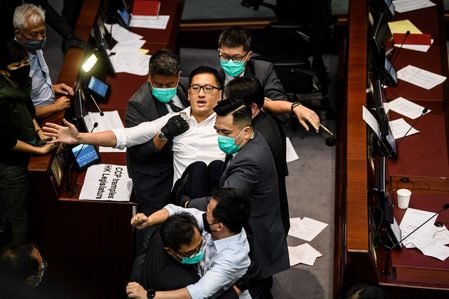
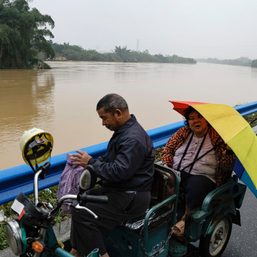
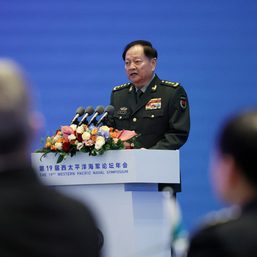
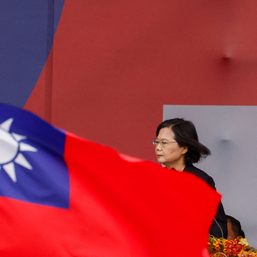
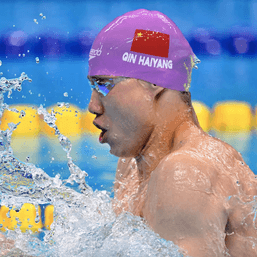
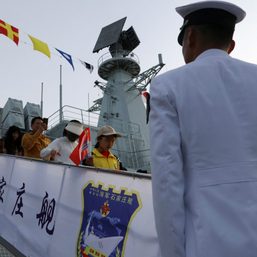
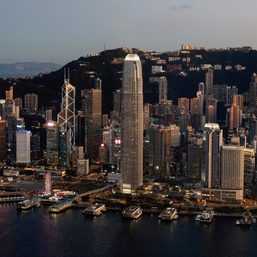
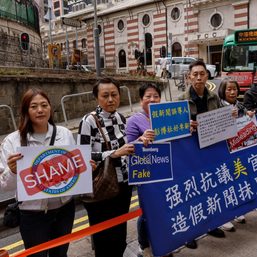
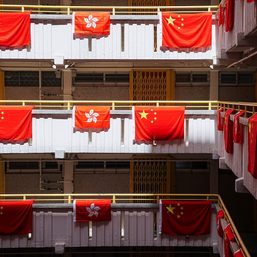
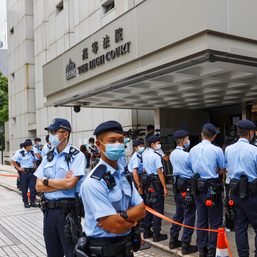
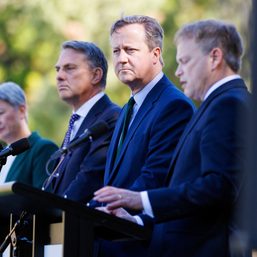
There are no comments yet. Add your comment to start the conversation.